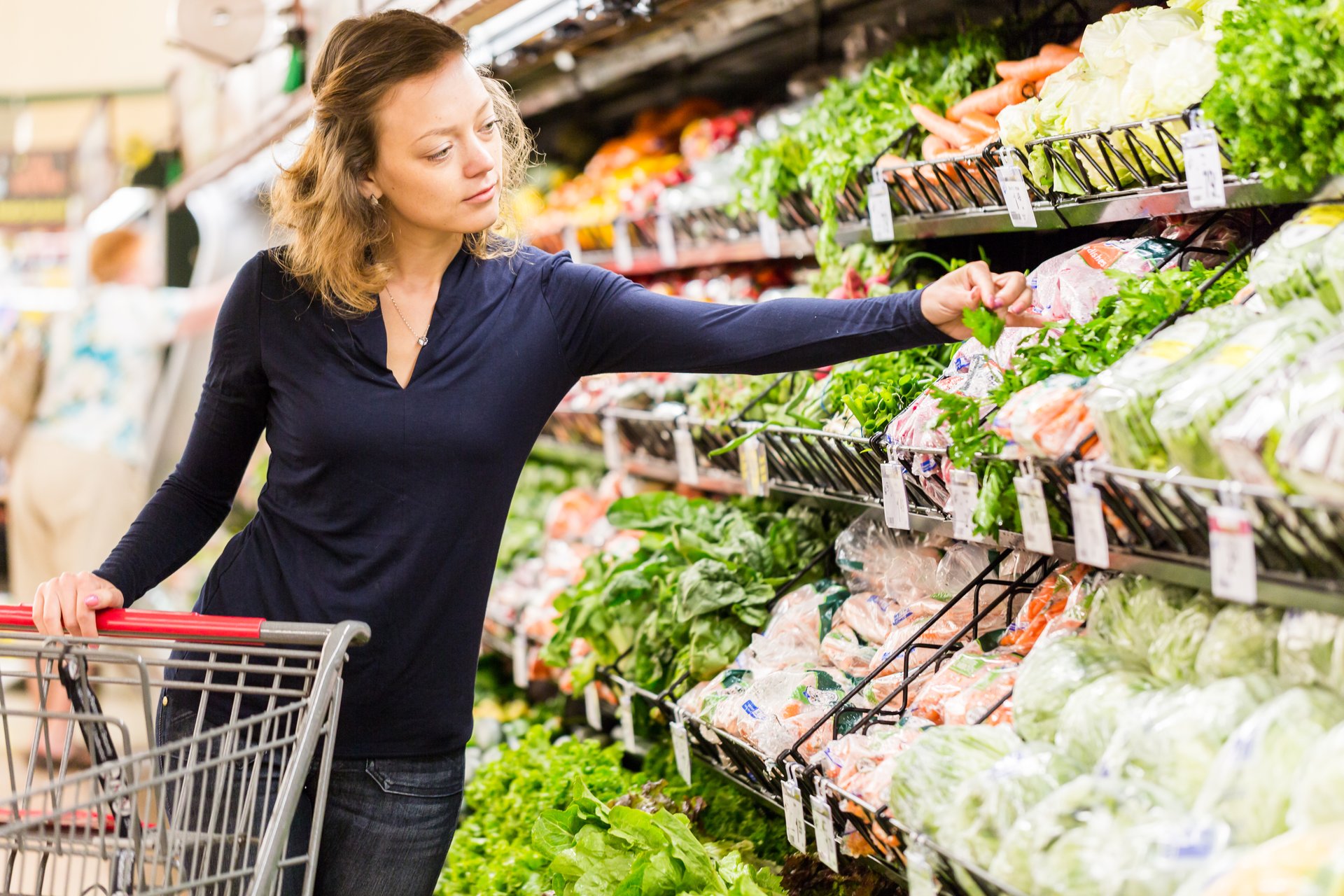
Grocery stores now have entire aisles packed with everything from organic pasta to all-natural soap. Sold at higher prices than conventional products, organic items aren’t produced with synthetic pesticides or chemical fertilizers. They’re also not processed with food additives or irradiation (radiation exposure).
But are the higher prices for these theoretically safer products really worth it? A study by researchers at Stanford University reveals organic products aren’t necessarily more nutritional, nor are they less susceptible to contamination. From their report:
The review yielded scant evidence that conventional foods posed greater health risks than organic products. While researchers found that organic produce had a 30 percent lower risk of pesticide contamination than conventional fruits and vegetables, organic foods are not necessarily 100 percent free of pesticides. What’s more, as the researchers noted, the pesticide levels of all foods generally fell within the allowable safety limits.
Foods you shouldn’t buy organic
The thick skins on many fruits and vegetables protect them from pesticides. While pesticides may linger on banana peels, for example, we obviously don’t eat the peels. Many products also lack pesticides because they don’t attract as many insects and harmful organisms. Here’s 10 where organic is expensive overkill.
- Avocados
- Bananas
- Pineapple
- Asparagus
- Broccoli
- Onions
- Kiwi
- Cabbage
- Cantaloupe
- Sweet Corn
Foods you should buy organic
Despite the Stanford study’s statement that there’s no indication pesticides on conventionally-grown foods are harmful, many people are still willing to pay extra to avoid pesticides on their food. So where will you get the biggest bang for your organic food buck? Mentioned on the Environmental Working Group’s 2015 “Dirty Dozen” list, these foods are among the worst offenders.
- Apples
- Peaches
- Nectarines
- Strawberries
- Grapes
- Celery
- Spinach
- Sweet bell peppers
- Cucumbers
- Cherry tomatoes
- Snap Peas (Imported)
- Potatoes
They also mention one additional item, hot peppers.
The best way to save on organic food
In addition to the tools you’d use to save on anything – comparison shopping, buying in bulk, using coupons, etc. – the best way to save on organically grown food is to buy it locally. Local farmers markets and family farms are a great way to get fresh organic food for less and support your local community. See sites like Local Harvest for ideas in your area.
Got some wisdom to share, or have a question? Try hanging out in our new forums!




Add a Comment
Our Policy: We welcome relevant and respectful comments in order to foster healthy and informative discussions. All other comments may be removed. Comments with links are automatically held for moderation.